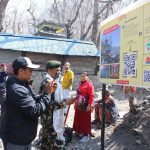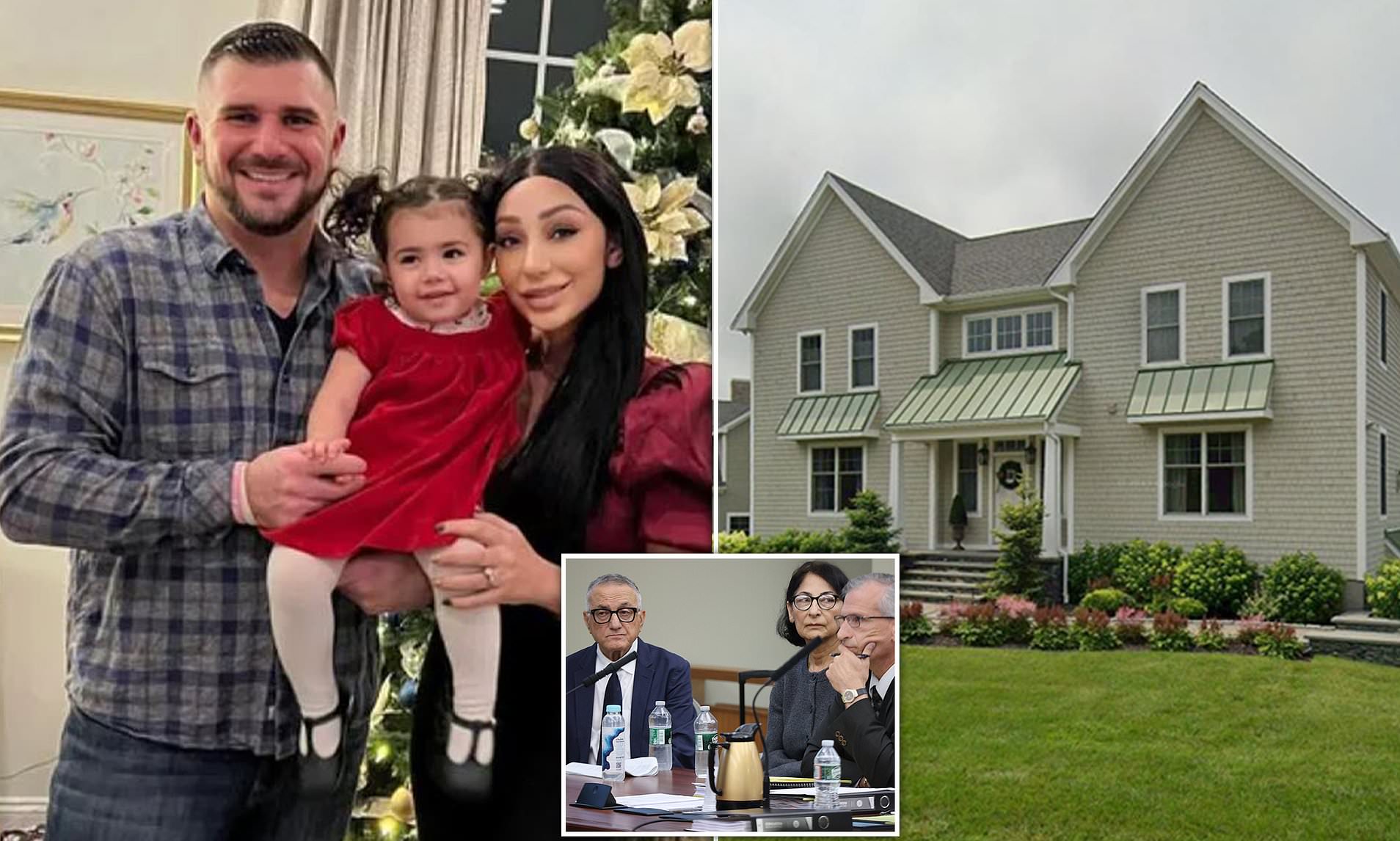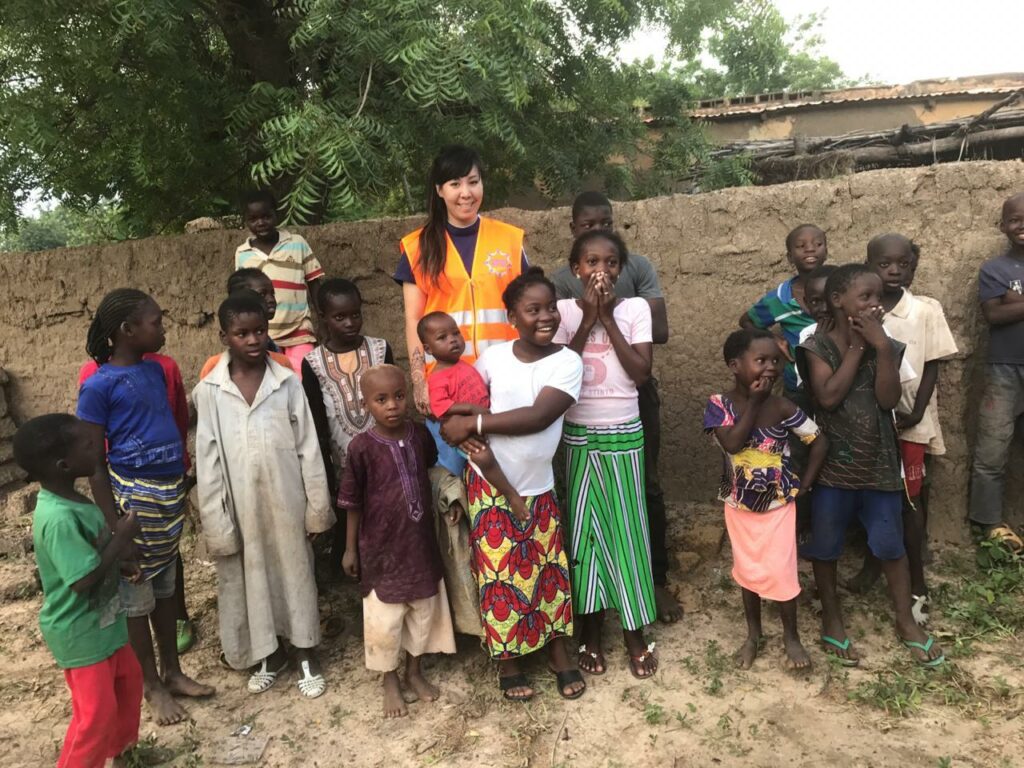A Tragic Battle Over Custody and Medical Negligence
The emotional and legal turmoil surrounding the death of Shahrzad Naso, a 37-year-old woman who succumbed to brain cancer in April 2024, has taken a dramatic turn. Her husband, Scott Naso, a detective, and her parents, Jila Khorsand and Siavash Ghoreishi, are now locked in a bitter court battle over custody of their four-year-old granddaughter, Laila. The case has exposed deep family rifts, allegations of medical negligence, and personal tragedies that have left everyone involved emotionally shattered.
Sherry, as she was known, had a history of breast cancer, which she had battled years before. However, her condition took a sudden and severe turn when she developed a brain tumor. According to court documents, her parents initially dismissed her symptoms, refusing to take her to a doctor despite her worsening health. This decision, they claim, was based on their belief that her issues were psychological rather than physical.
In a shocking moment captured on home surveillance, Scott was seen yelling at his wife during a heated argument. The video, played in court, showed him expressing frustration with the way he was treated by his in-laws. His outburst included expletives and accusations that they disrespected him as a husband and father. The footage was later shared with Sherry’s parents, who reportedly recorded it on their phone.
The court heard that Sherry had shown the video to her parents the following morning, and they believed it demonstrated the kind of treatment she endured. This led to a petition for access to Laila, with the judge considering whether it would be in the child’s best interests for her grandparents to see her.
The couple, who were deeply in love, had faced challenges from the start. Sherry had rejected a wealthy plastic surgeon her parents had chosen for her, opting instead for Scott, a detective. This decision caused a rift between her and her parents, who never fully accepted him as part of the family.
Two days after the incident captured on video, Scott took Sherry to a friend’s house for dinner. There, Dr. Thomas Morgan, a neurologist and the friend’s father, noticed signs of dangerous brain swelling and sent her to urgent care. By this point, Sherry was barely able to speak or move, and her condition rapidly deteriorated.
Despite the efforts to treat her, Sherry underwent surgery to remove a large brain tumor but never regained consciousness. It was later discovered that her breast cancer had returned and spread, complicating her treatment. Additionally, Scott uncovered 124 prescriptions written by her parents over the past decade, including Prozac, which may have masked her symptoms.
In March 2024, Sherry texted her mother expressing concerns about her failing health. Her mother responded by telling her not to see a doctor until she stopped taking her medication. This exchange highlights the tension between Sherry and her parents, who believed they were acting in her best interest.
Khorsand, Sherry’s mother, described Scott as “soulless” after her daughter’s death and questioned why he wouldn’t allow her to see Laila. However, during the trial, she changed her stance, stating that she believes Scott is a fit parent and a loving father. She did not elaborate on what caused this shift in opinion.
The case also revealed that both Khorsand and Ghoreishi allowed their medical licenses to expire last year. Ghoreishi, who had initially planned to retire in 2020, continued working as a pediatrician for the couple’s children. In 2021, the couple welcomed Laila using an egg donor and surrogate, with the parents covering the costs.
After Sherry’s death, there were further tensions. Ghoreishi claimed that Laila had a viral infection and attempted to administer prednisone using a syringe in front of mourners. Scott intervened, taking Laila away after she vomited. The couple did not attend Sherry’s funeral and later received an email from Scott instructing them to stay away from him and the grandchildren.
The hearing continues, with more evidence expected to be presented in December. As the case unfolds, it raises serious questions about medical decisions, family dynamics, and the impact of personal beliefs on critical health choices.










